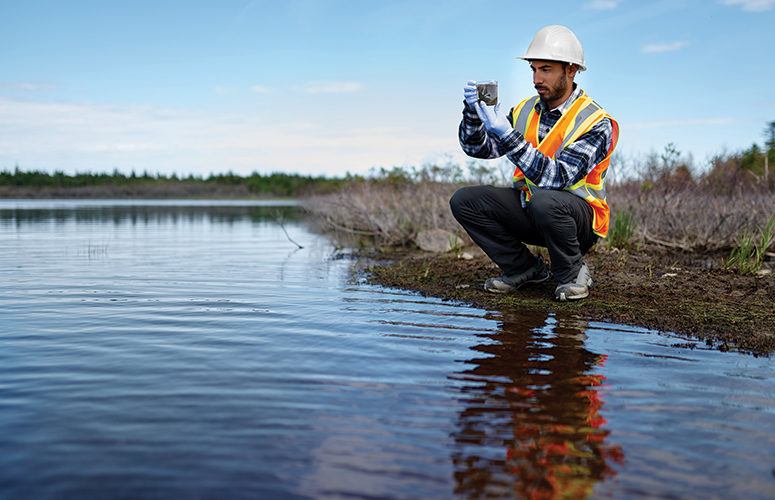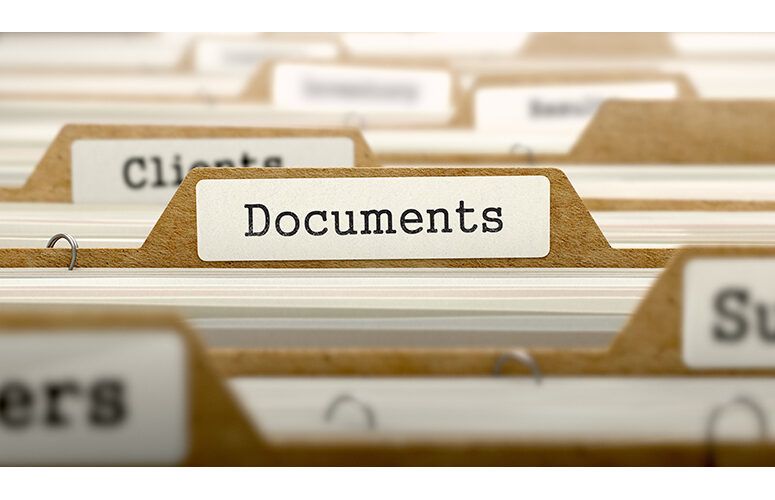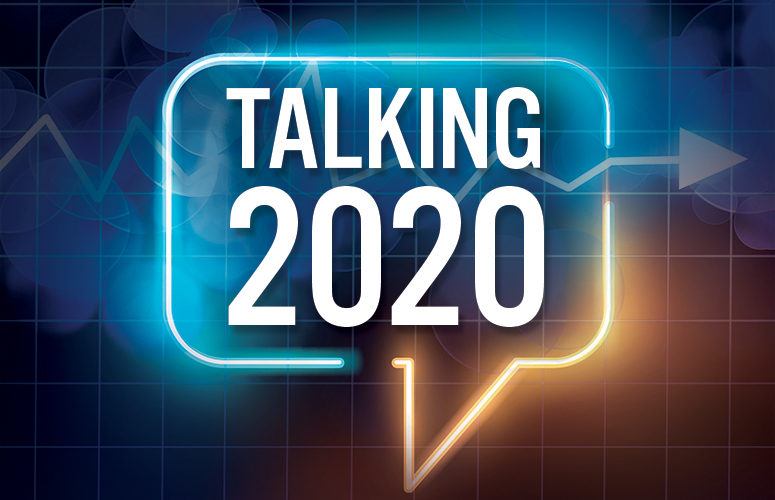
Presidents Letter
Changing Rules And Renewed Commitment, The Site Remediation Reform Act Looks To The Future
On Mar 9, 2020New Jersey’s Site Remediation Program has been quick, responsive and effective at restoring contaminated sites in every county of the state for more than a decade. Now, it is even better.
With amendments signed into law by Gov. Phil Murphy in August 2019, New Jersey’s Site Remediation Reform Act (SRRA) has adapted to meet the needs of the future. It encourages “green” solutions for environmental clean ups and improves responsiveness to community questions.
It continues to rely on the high standards of the New Jersey Department of Environmental Protection (NJDEP) and the expertise of Licensed Site Remediation Professionals (LSRPs).
The amendments, known commonly as “SRRA 2.0,” underscore the success of the Site Remediation Program. The state’s LSRPs have helped the NJDEP keep responsible parties on task and on schedule to complete more than 14,000 environmental cleanups so far.
More sites are being completed than are being added to the program, and the number of sites needing remediation is going down. Together, responsible parties, NJDEP and LSRPs are restoring properties for future use that were once abandoned vestiges of our industrialized past.
SRRA 2.0 adjusts the site remediation laws rather than overhauls them. With input from stakeholders and the NJDEP, lawmakers recognized the law is working well and kept most of it intact.
For example, most projects are still overseen by LSRPs, who guide responsible parties through the regulations and timeframes. NJDEP still maintains its role of inspecting and reviewing documents and continues to issue permits.
But the amendments do fill some gaps in the original law.
Public notification now is required at the beginning of an investigation rather than waiting until onsite cleanup work begins. The changes also reinforce requirements to be responsive to inquiries from the public.
The new rules also provide LSRPs with the same status and protections as other professions licensed by the State of New Jersey. This is an important distinction for a job title that did not exist before the original 2009 law.
The changes may not be big, but they are important. And the standards for LSRPs have always remained the same: to protect the public and the environment of the State of New Jersey.
As you will read in the following section, the LSRPs are constantly re-examining their role and their work to achieve better outcomes.
The Licensed Site Remediation Professionals Association (LSRPA) is proud to represent these highly educated, conscientious and hard-working professionals. The LSRPA advances the profession of LSRPs by providing information, education and technical resources to our membership, as well as promoting the standards of care and use of professional judgment and the latest science and technology when protecting public health, safety and the environment.
Sincerely,
Scott Drew, LSRP, President, LSRPA
Scott Drew is a senior principal environmental scientist at the Princeton office of Geosyntec Consultants, Inc. He has 40 years of experience focused on the fields of environmental technology, site remediation, and environmental chemistry.
To access more business news, visit NJB News Now.
Related Articles:





